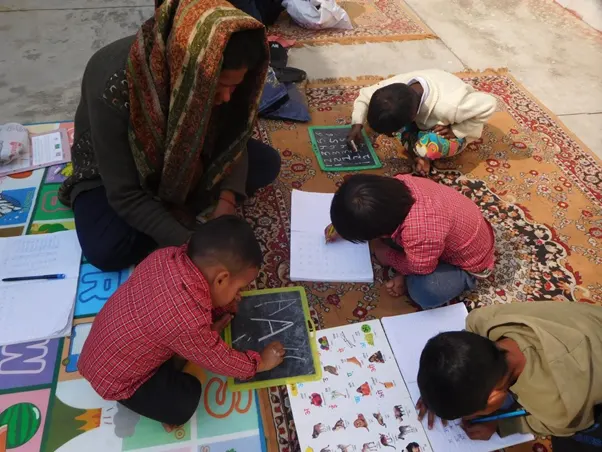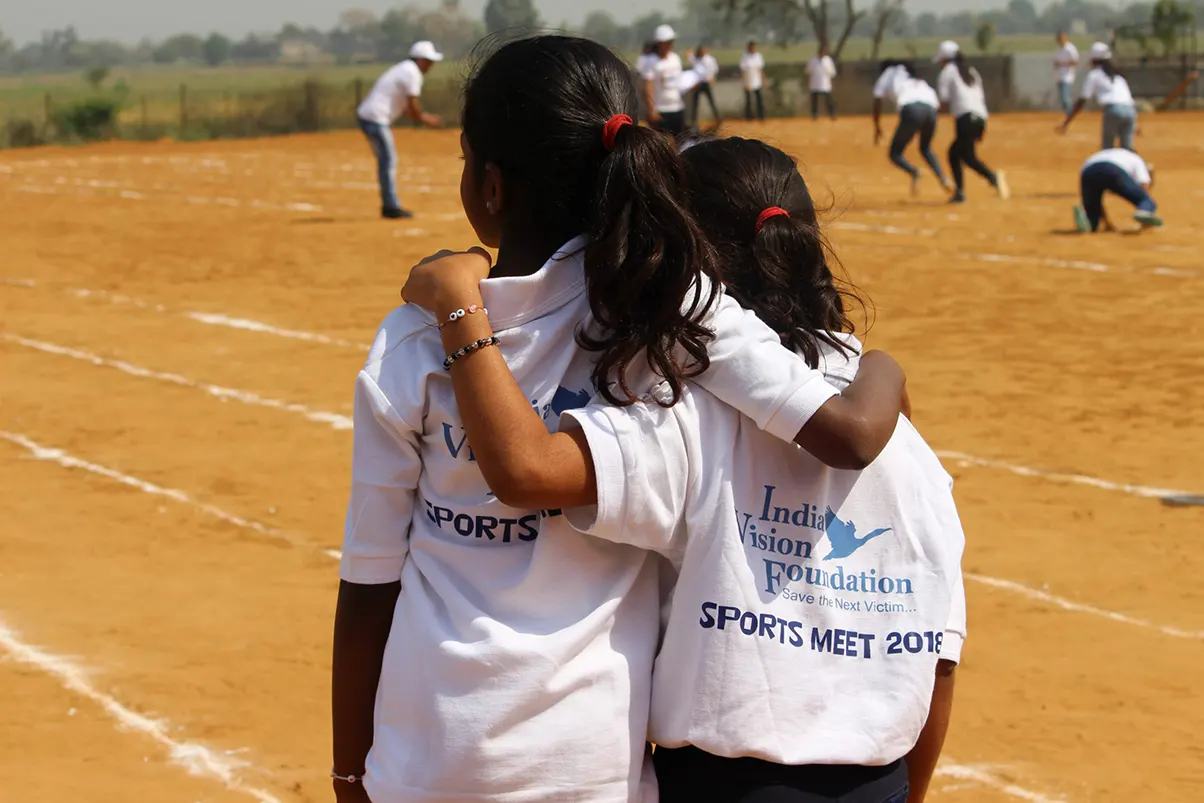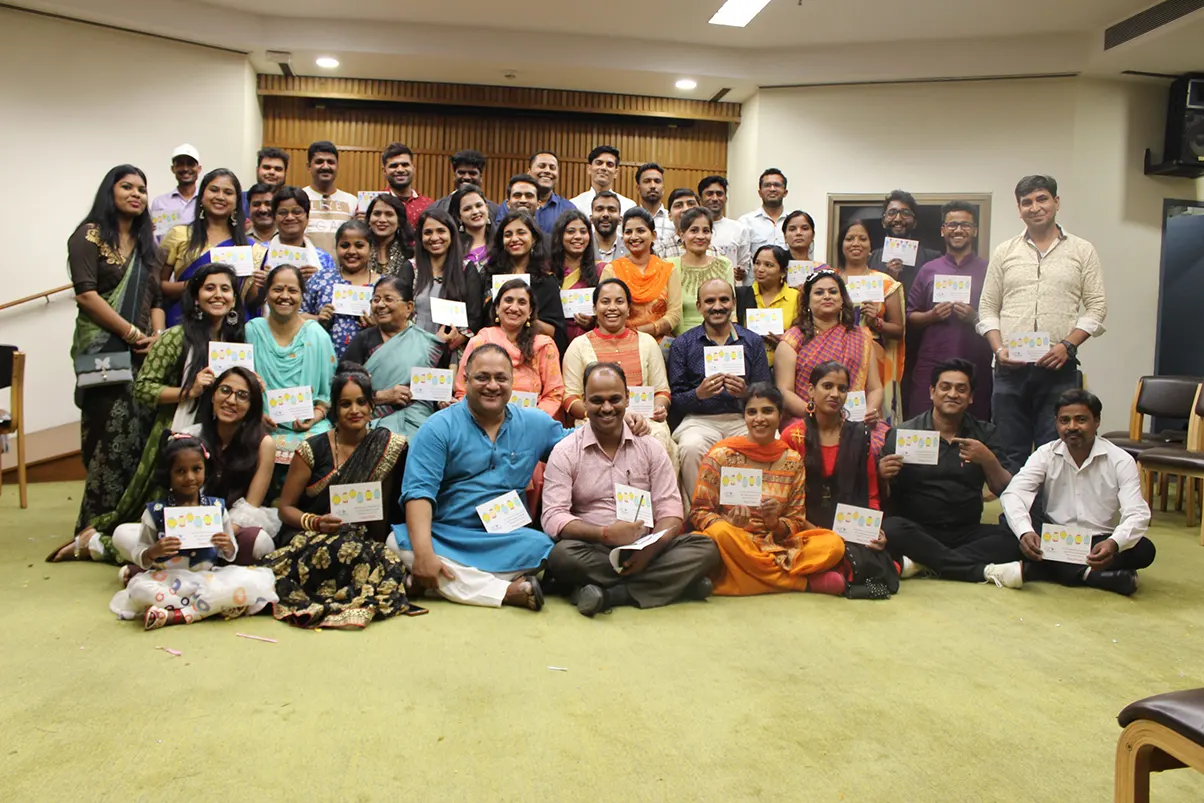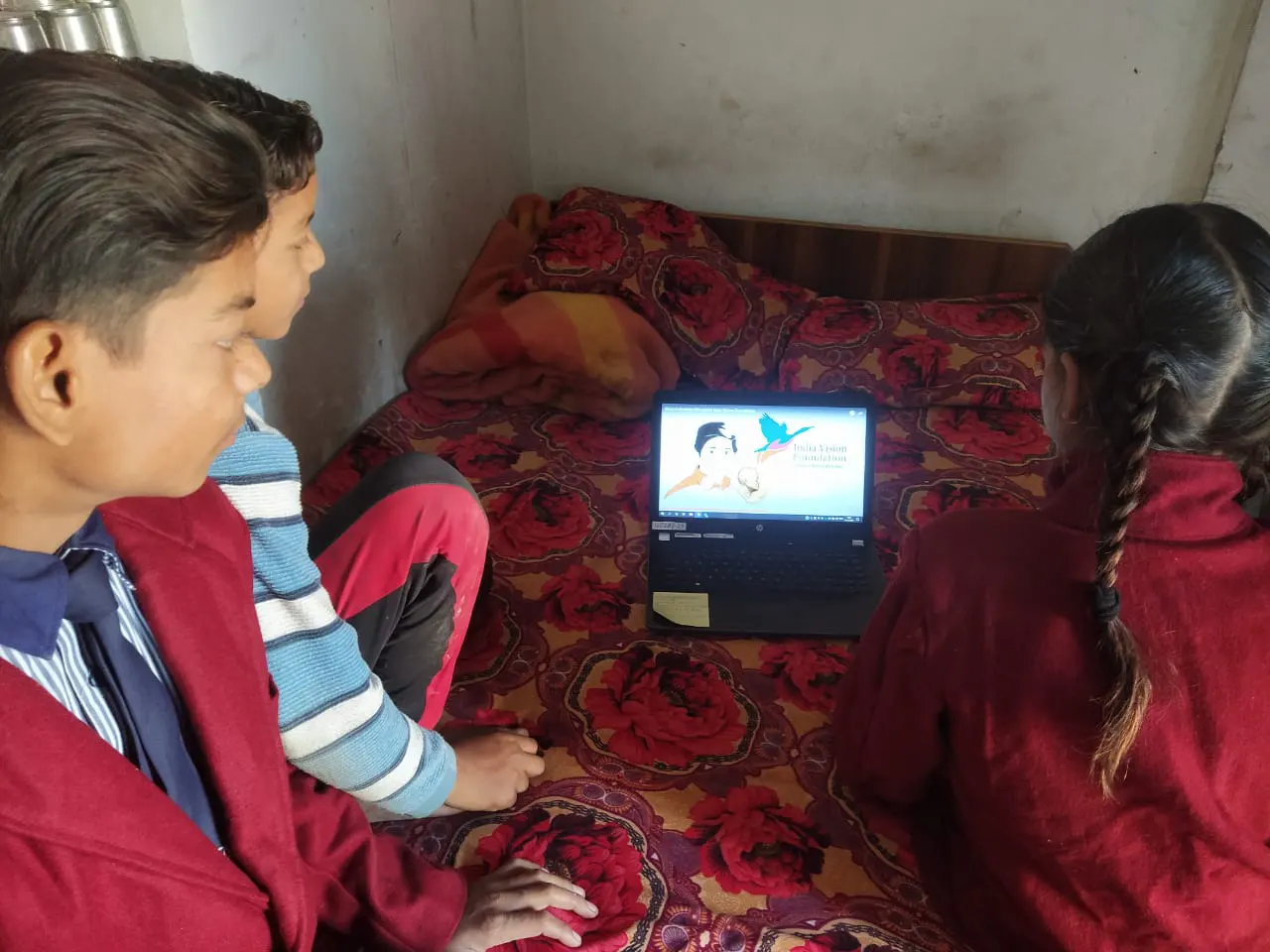“Prisons” and “Creches” are not just any two words; they represent two vastly different worlds. It’s hard to imagine these two elements coexisting in the same setting. However, this unconventional concept of establishing creches within prisons has been gaining recognition for the positive reciprocal effect they have on incarcerated parents and their children.
We all have heard the famous idiom, ‘Free two birds with one key,’ and we are familiar with its real-life applications. But have you ever visualised this idiom within the context of a prison environment? Allow me to take you on a journey through this remarkable notion. Picture a child under the age of six receiving an education within the confines of a prison. These innocent children have committed no crimes, yet they find themselves within prison walls due to the detachment in familial ties; which leaves them in the care of their incarcerated mothers. Their world is confined within these prison walls, amidst an atmosphere filled with anger and resentment among female inmates. In such circumstances, mothers often feel burdened and helpless in their roles as caregivers. To rescue these mothers from becoming victims of their own circumstances, creches are established to create a nurturing environment for the children. Moreover, they assist these mothers in fulfilling their motherhood duties within a more structured and disciplined setting.
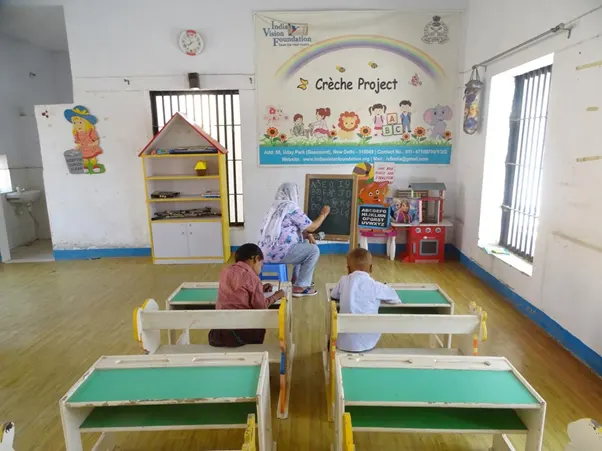
India Vision Foundation has been instrumental in facilitating the establishment of creches within prisons, while also encouraging incarcerated mothers to recognize the importance of enrolling their children in these facilities. Through the foundation’s Early Childhood Care and Development (ECCD) program, inmates are enlightened about the significance of maintaining a safe and secure environment for their children’s growth. This enlightenment extends beyond child development; it focuses on rehabilitating the mothers themselves. It keeps them away from engaging in conflicts and instead motivates them to focus on self-improvement and skills that will benefit both themselves and their children post-release. In essence, we fill two needs with one deed!.
The incarceration of women presents a unique and complex set of challenges compared to men. Even men who commit heinous crimes often maintain strong family connections. But on the other hand, when a woman is incarcerated, her familial ties are totally cut off, and her children may be left without any support. These children, born to incarcerated mothers, are vulnerable and at a higher risk of developmental delays, behavioural issues, emotional distress, and more. Our organisation’s vision is to protect the next potential victims—the children of incarcerated mothers. We firmly believe that children represent the future of society. Empowering them with the tools they need for a sustainable future offers them the opportunity to excel. This is the exclusive reason behind the establishment of creches within prisons.
Creches typically structure and foster the environment the kids grow up in. They offer age- appropriate education, recreational activities, nutritious meals, access to healthcare, and all the essentials for a child’s holistic development. Furthermore, the presence of their mothers during these formative years provides a crucial figure of attachment, emotional support, stability, and reduces the trauma of separation. Through regular parenting sessions with the mothers, our organisation empowers them with valuable insights and techniques to promote positive parenting practices This creates a supportive and nurturing atmosphere where children can thrive and develop to their fullest potential.
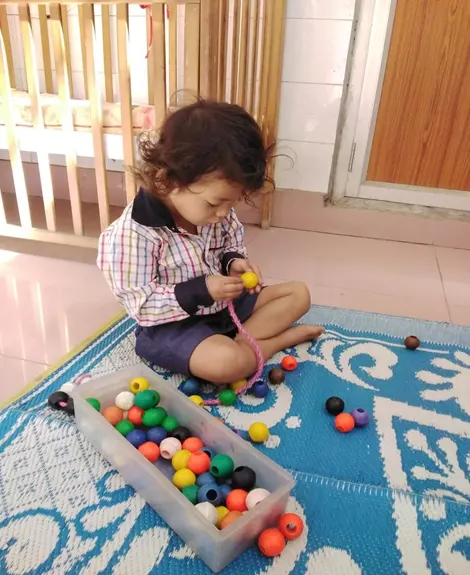
Incarcerated mothers benefit from creche programs not only by providing a nurturing environment for their children but also by fostering personal growth. These initiatives encourage mothers to leave their past behind and aspire to become better individuals. Active involvement in their child’s life enhances their parenting skills, serving as a powerful incentive to avoid further trouble and lead responsible lives upon release. These programs offer hope and the possibility of redemption.
Much like a rising tide that lifts all boats, the presence of creches within prisons subconsciously reminds female inmates to maintain sensible behaviour. Knowing that their children are nearby and well-cared for naturally instills a sense of responsibility and accountability among incarcerated mothers. In short, these creches serve as a welcome sight in the harsh prison environment, contributing to safety by reducing tension and conflicts among female inmates.
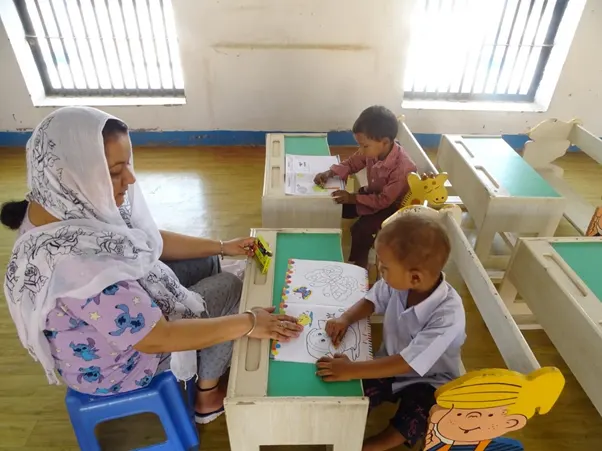
In conclusion, while the concept of establishing creches within prisons may initially seem unconventional, the undeniable positive reciprocal effects on both children and incarcerated mothers are clear. Creche facilities help preserve mother-child bonds, promote healthy child development, reduce recidivism rates, foster responsibility and parenting skills, and contribute to a safer prison environment. Ultimately, prison creches have the potential to break the cycle of “intergenerational incarceration” and fulfil our organisation’s vision of saving the next victim. This approach embodies compassion and rehabilitation within penal institutions, benefiting incarcerated mothers, their children, and society as a whole.
About the Author – Monisha S is a recent graduate in Criminology and Police Administration from DG Vaishnav College in Chennai. She expressed ”I had a very meaningful experience during my internship with India Vision Foundation. This experience provided me a unique opportunity to bridge the gap between theory and practice, applying criminological knowledge in a real prison environment”

